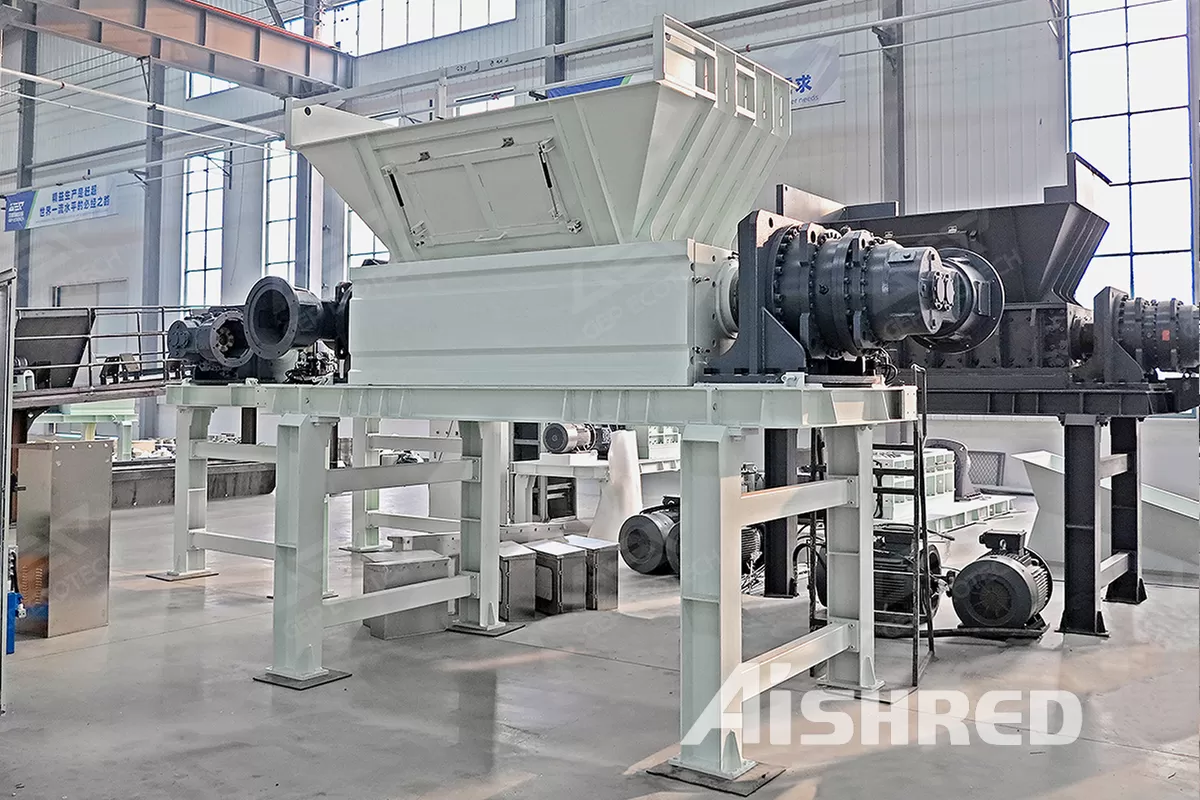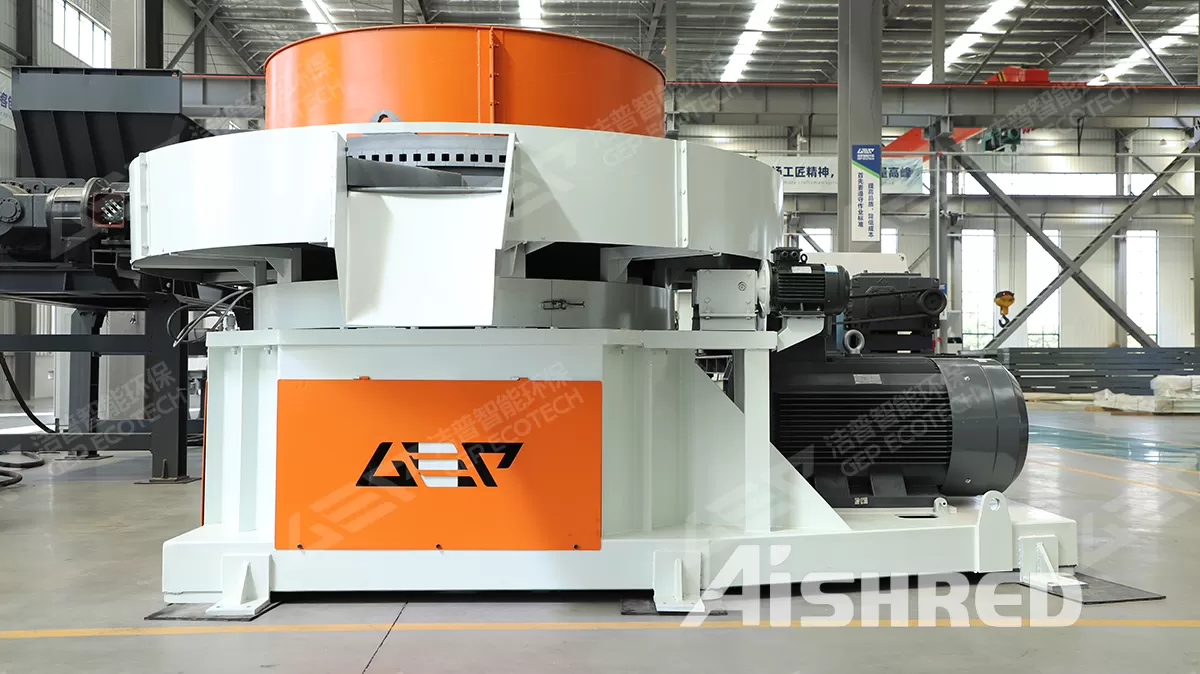According to statistics, the paper waste residue produced by a recycled paper production plant with an annual output of 1.5 million tons is about 180,000 tons/year or more. When paper mills use recycled materials to make paper, the production process produces a large amount of waste materials, including stranded rope and light slag. For these paper waste residues, they can be reused in applications such as incineration for power generation, metal recycling, plastic regeneration, etc. after treatment through a reasonable process.

Can paper mill waste be made into RDF fuel rods?
Paper mill waste can be made into RDF fuel rods. Most of the solid wastes produced by paper mills are combustible materials, and only a small amount of materials with recycling value. After processing, paper mill waste can be made into RDF fuel rods, which can be used in large circulating fluidized bed boilers to mix and couple power generation and replace the use of coal-fired fuel in a large amount, saving a large amount of coal-fired fuel costs for enterprises. It is a common solution for paper mill waste to make these combustible materials into alternative fuels for heating in power plants, cement plants, etc., and to recover the metals and other materials from them.
Advantages of RDF fuel rods made from paper mill waste
- Good corrosion resistance: it can be kept indoors for several years and will not be crushed due to moisture absorption.
- Good combustibility: high calorific value, heat generation in 14600 a 21000 kJ/kg, and consistent shape, uniform density, stable combustion, high efficiency.
- Convenient management: paper mill waste can be made into RDF fuel rods without the restriction of site and scale, generally by 500 kg bags, truck transportation can be, convenient management.
- Clean and environmental protection: RDF fuel rod after burning residue accounted for about 8-25%, less than the incinerator ash, and clean, high calcium content, easy to use.

Paper mill waste to make RDF fuel rods process
Paper mill waste can be made into RDF fuel rods, so what is the production process? The main components of waste materials such as twisted rope and light slag produced by paper mills in the production process are plastic and steel wire and residual pulp. Several of these materials are mixed and entangled with each other, forming large objects that are difficult to split, which makes it difficult to sort and recycle, and requires the use of crushing and sorting technology.
- Crushing: A twin-shaft shear crusher with high torque is used to break up these entangled wastes and shred them into smaller pieces for subsequent processing. The crusher is driven independently by two shafts, when crushing, the materials squeeze each other to achieve the function of automatic feeding, anti-winding fixed knife design, there will be no tangled shaft, or stuck equipment, thus improving the production efficiency, the equipment is suitable for a variety of toughness, high viscosity material crushing.
- Sieving: the use of iron remover, etc. to separate the metal and combustible materials contained in these wastes.
- Fine break: combustible materials into the fine crusher for secondary crushing
- Drying: the crushed materials enter the dryer to control the moisture content below 10%.
- Pressing and forming: RDF briquetting machine is responsible for pressing the processed materials into the required shape, and the fuel is pressed and formed by the press molding machine to make it have higher combustion performance and easy to transport at the same time.

